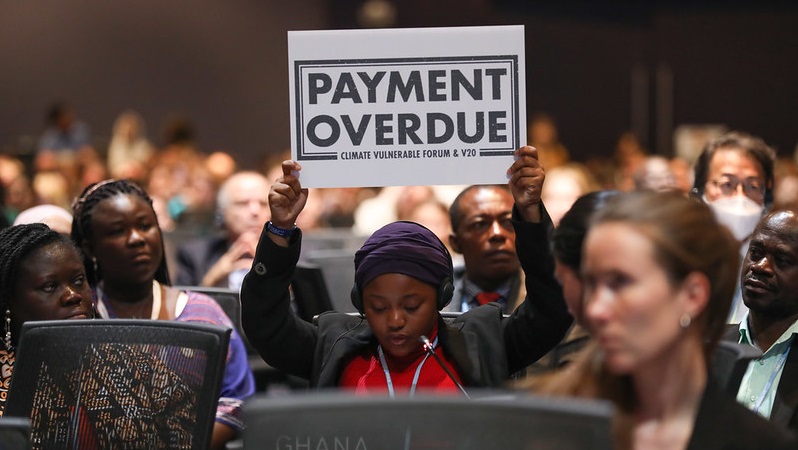Money latest: Two of UK’s biggest lenders up mortgage rates | UK News

Britons could face higher food prices, and even empty supermarket shelves, as new post-Brexit border fees are introduced this week, industry figures have warned.
A maximum charge of £145 will apply on imports of plant and animal products, such as cheese and fish, entering the UK through the Port of Dover and Eurotunnel from Tuesday.
“The fundamental change is huge to the nation’s food supply,” Nigel Jenney, chief executive of the Fresh Produce Consortium (FPC), told the Money blog when we first covered this story in January.
“I would certainly expect to see price rises because these costs simply couldn’t be absorbed by the industry.”
James Barnes, chairman of the Horticultural Trades Association, said this month that the policy “feels like it is constructed on the back of an envelope at best” and that the charges would “undoubtedly increase costs” and increase the likelihood of empty shelves in supermarkets.
He said as well as higher prices and a more limited variety of products available in UK shops and restaurants, “we now might begin to observe a decline of EU businesses trading into the UK, simply because they have been priced out”.
The new rules explained
The new rules, known as the Border Target Operating Model (BTOM), are intended to protect biosecurity by imposing controls on plant and animal products considered a “medium” risk. These include five categories of cut flowers, cheese and other dairy produce, chilled and frozen meat, and fish.
From 31 January, each shipment had to be accompanied by a health certificate, provided by a local vet in the case of animal produce, and, from Tuesday, shipments will be subject to physical checks at the British border.
There is also the prospect of delays caused by inspections of faulty paperwork, which could derail supply chains that rely entirely on fast turnaround of goods.
The policy has been delayed multiple times and earlier this month the Financial Times reported that the government would not “turn on” the checks this week because border systems were not fully ready. The government said this was not true – but indicated they would initially focus on higher-risk products.
The fee will be charged per type of product imported, and will vary from £10 to £29 depending on the risk products present. It will be capped at £145 for mixed consignments.
A government spokesperson said this was “within and at the bottom end of the range which we consulted with industry on”.
They added: “The charge is designed to recover the costs of operating our world-class border facilities where essential biosecurity checks will protect our food supply, farmers and environment against costly disease outbreaks entering the UK through the short straits.”
The fees will not apply to goods brought into the UK for personal use, the government said.
EU business ‘could stop trading with UK’
Marc Forgione, director general of the Institute of Export and International Trade (IEIT), said there was another risk beyond price rises and potential shrinkflation.
He told the Money blog earlier this year: “There is also a concern that has been raised with me by some UK-based businesses that their suppliers in the EU will frankly take a view that it’s too complicated to deal with these changes and withdraw from the market.”
Mr Forgione said that over time the UK will have “the most efficient border in the world”, due to digitisation and the BTOM’s assessment of goods based on risk, but it will create friction for EU businesses where there was none.
What has the government said?
A spokesperson told us when we first covered this story in January: “We remain committed to delivering the most advanced border in the world.
“The changes we’re bringing in will help keep the UK safe, while protecting our food supply chains and our agricultural sector from disease outbreaks that would cause significant economic harm.”
link







